Best synthetic oil and conventional oil differ in how they are made and how they behave in real driving. Conventional oil is refined from crude petroleum with naturally varied molecules; synthetic oil is engineered for uniformity and stability. In practice, synthetic oil typically delivers stronger film strength, quicker cold-start flow, better high-temperature resistance, and longer service intervals. Conventional oil remains a practical choice for older engines and light-duty use. Your best option depends on engine design, climate, driving style, maintenance budget, and service recommendations in the owner’s manual.
Conventional engine oil, sometimes called mineral oil, starts as crude petroleum and is refined to remove contaminants and improve viscosity characteristics. Because the base molecules vary in size and shape, performance can shift more with temperature and stress. For decades it has served reliably in everyday vehicles, especially when driving conditions are mild and change intervals are frequent.
Limitations become apparent under heat, load, and extended drains. Conventional oil oxidizes faster, can form varnish and sludge, and may shear out of grade. In very cold weather it thickens more, slowing lubrication during the first seconds after startup when most wear occurs.
Synthetic engine oil is engineered from highly processed base stocks with tightly controlled molecular size and shape. This design yields predictable viscosity, strong film integrity, and resistance to oxidation. Additive systems—detergents, dispersants, antioxidants, antiwear agents, and friction modifiers—are blended to keep engines clean and protected across a wide range of conditions.
Two broad categories exist: full synthetic and semi-synthetic (synthetic blend). Full synthetic uses engineered base oils throughout for maximum stability and protection. Synthetic blends combine a portion of synthetic base oil with conventional oil to raise performance at a moderate cost, useful for drivers transitioning away from mineral oil.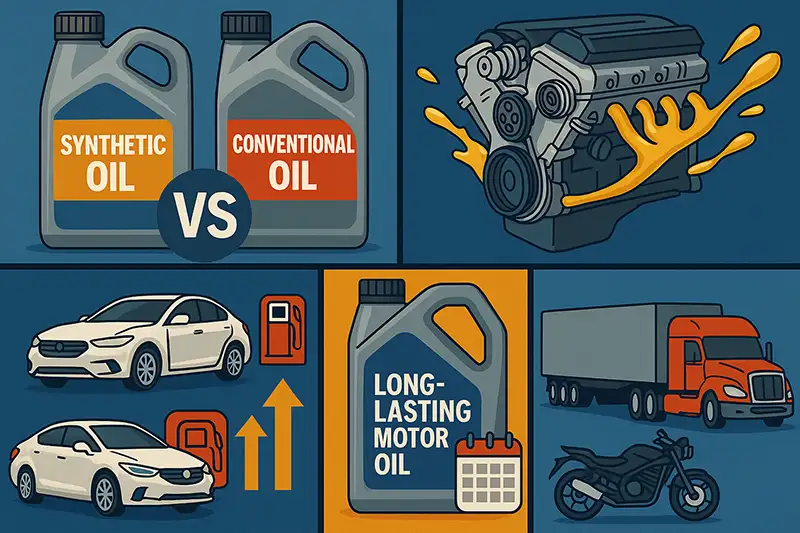
Synthetic base molecules are more uniform, maintaining consistent viscosity and film strength; conventional base molecules are more irregular and less stable.
Modern additive packages in synthetic oils resist oxidation and neutralize acids longer, helping postpone sludge and varnish formation.
Detergency and dispersancy tend to remain effective for more miles in synthetic oils, supporting cleaner piston rings and turbo bearings.
Cold starts: synthetic oils flow faster at low temperatures, shortening the time to reach journals, cam lobes, and lifters.
High heat: synthetics resist volatility and thermal breakdown, helping turbos and high-load engines maintain pressure and protection.
Shear stability: engineered molecules hold grade better under stress, supporting consistent oil pressure across long intervals.
Lower friction can reduce wear on rings, bearings, and valvetrain components.
Cleaner operation limits deposits on oil control rings and in narrow passages like turbo oil feeds.
Stable viscosity helps maintain hydrodynamic film in towing, mountain driving, and hot climates.
Synthetic oils slow oxidation, delaying viscosity increase and acid formation.
Better deposit control supports longer drain intervals when permitted by service conditions.
Conventional oils typically require shorter intervals to maintain similar cleanliness.
Per-quart pricing favors conventional oil, but total cost of ownership often favors synthetic when factoring longer drains, reduced wear, and fewer shop visits. A conventional schedule might require multiple changes in the time a full synthetic remains in grade under comparable conditions. Fleet managers often find the time savings and uptime valuable, especially where vehicles accrue high annual mileage.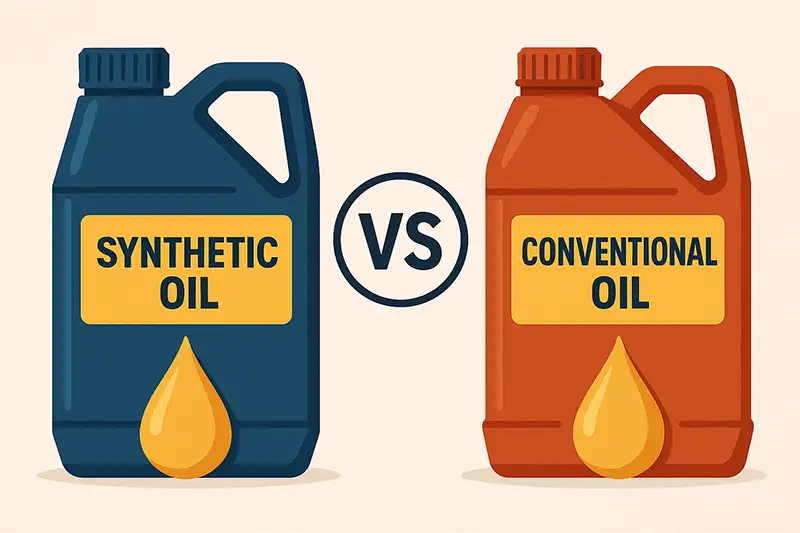
Conventional oil: lower initial cost, higher frequency of changes.
Synthetic oil: higher initial cost, fewer services and potentially lower wear-related expenses.
Filter quality and capacity affect both paths; high-quality filters support longer service life.
Light, steady-state highway use favors extended intervals with synthetic oil when allowed by guidance.
Short, stop-and-go trips, extreme heat, dust, and heavy loads shorten any oil’s life; adjust intervals accordingly.
Oil life monitors in many vehicles estimate service needs from real-world inputs; follow the indicator and manual.
Reduced internal friction is a common benefit of synthetic oil, often translating into small but meaningful fuel economy gains over time. Low-temperature pumpability and stable high-temperature viscosity minimize energy losses in boundary and hydrodynamic lubrication regimes. Thin, specification-approved grades (for example, modern low-viscosity oils) can further support efficiency when approved by the manufacturer.
Choose a grade specified for the engine; do not assume thinner is always better.
In cold climates, grades with strong low-temperature performance aid starts and reduce warm-up losses.
For towing and high ambient temperatures, ensure the high-temperature high-shear (HTHS) requirement is met.
Tire pressure, aerodynamics, and driving style often outweigh lubricant gains; oil choice complements good habits.
Consistent maintenance—filters, spark plugs, air intake health—keeps the engine operating at design efficiency.
Deposits on piston rings can raise consumption; detergency in synthetic oils helps keep rings free.
Drivers often ask which engine oil is best for car synthetic. For most late-model vehicles, a high-quality full synthetic meeting the exact specification in the owner’s manual is the best overall choice. It supports rapid cold-start flow, resists high-temperature breakdown, and maintains viscosity under load. Engines with turbochargers, gasoline direct injection, start-stop systems, or tight tolerances especially benefit from the stability and cleanliness of full synthetic formulations.
Match the manufacturer specification (e.g., API/ILSAC/ACEA or OEM-specific approvals).
Use the recommended viscosity grade for your climate and duty cycle.
Prioritize robust detergent and antioxidant systems for deposit control and longevity.
Choose reputable products with clear data sheets and tested approvals.
Questions about the longest lasting synthetic motor oil arise because extended drains are a signature advantage of synthetics. Some premium formulations are engineered for long service intervals under normal duty. Actual longevity depends on driving pattern, fuel quality, ambient conditions, sump capacity, and filtration. Vehicles with oil life monitors provide interval guidance tailored to how the engine is driven.
Thermal stress from towing, steep grades, or heat accelerates oxidation and can shorten intervals.
Short trips that never reach full temperature accumulate moisture and fuel dilution.
Dusty environments and off-road use increase contaminant load; filtration quality becomes critical.
High-output turbo engines impose shear and heat; high-stability synthetics and quality filters are important.
Follow the owner’s manual and any oil life monitor guidance specific to your vehicle.
Use high-capacity filters with proven efficiency to support longer drains.
Check level and color periodically; unexpected consumption or darkening may signal other issues.
Document services and keep receipts to protect warranty coverage.
Rather than a universal rule, the choice is a fit-for-purpose decision. Consider the engine’s design, the climate, how the vehicle is used, and the value placed on extended service intervals and protection margins.
Engines with turbochargers, high compression, or advanced emissions systems.
Regions with severe winter cold or summer heat.
Vehicles that tow, climb steep grades, or sustain high speeds.
Drivers seeking fewer service visits and a wider safety margin under stress.
Older engines built around mineral oil performance and used in light duty.
Low annual mileage with frequent, short-interval servicing.
Situations where upfront cost sensitivity outweighs long-interval convenience.
Engines with existing leaks or heavy consumption, where premium oil yields limited benefit until repairs are made.
Confirm compatibility with the manufacturer’s specifications and approvals.
Consider a synthetic blend as a transitional step if desired.
Use a high-quality filter and observe the first interval to establish a baseline.
Monitor for changes in consumption and adjust intervals based on duty cycle.
Extended service intervals with synthetic oils can reduce waste oil over a vehicle’s lifetime. Efficient cold-start performance and stable viscosity help maintain combustion efficiency, supporting lower emissions. Responsible end-of-life handling—collection and recycling—matters for both synthetic and conventional oils alike. From a lifecycle view, fewer changes, cleaner engines, and consistent protection contribute to a smaller environmental footprint when service is managed correctly.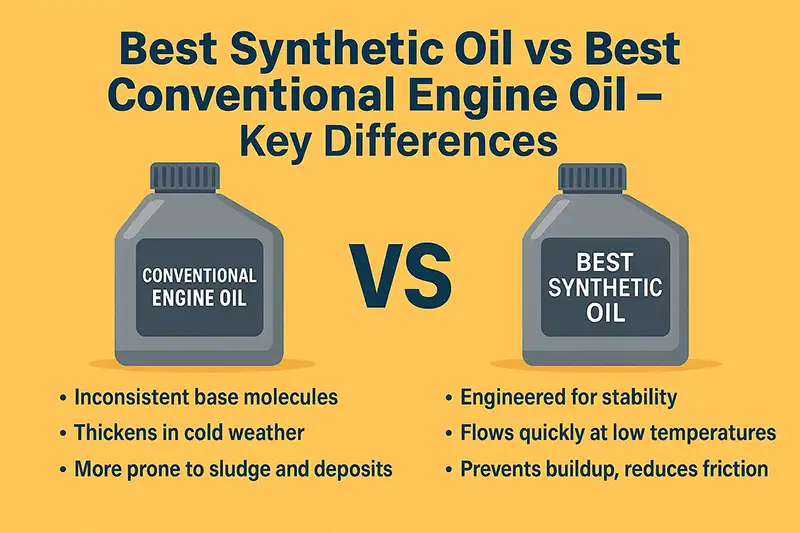
Recycle used oil and filters through approved collection programs.
Avoid mixing with other fluids to preserve recyclability.
Track intervals to prevent premature replacement.
Automakers increasingly specify synthetic oil for modern gasoline and diesel engines to support efficiency, emissions control hardware, and durability. Turbocharged gasoline direct-injection engines run hotter and place greater demands on lubricants; synthetics answer with strong oxidation resistance, deposit control, and volatility performance. Hybrids also benefit from cold-start flow after long engine-off periods. Retail shelves reflect the shift: more full synthetic offerings, finer viscosity grades, and clearer labeling of approvals.
Follow current API/ILSAC/ACEA categories and any OEM approvals listed for your vehicle.
European and manufacturer-specific approvals often define detergency, low-SAPS limits, and high-temperature performance.
Data sheets provide viscosity indices, pour points, and Noack volatility to compare options within the approved set.
The best choice between synthetic oil and conventional oil depends on engine requirements, climate, and how the vehicle is used. Synthetic oil generally offers stronger protection, cleaner operation, and longer service intervals, making it a compelling fit for most modern engines and demanding driving. Conventional oil remains workable for older designs and light duty with frequent changes. By matching specifications, choosing the correct viscosity grade, and aligning service intervals with real-world use, drivers can support smooth operation and consistent performance over time.
Yes, we specialize in fully synthetic engine oils, offering bulk supply and wholesale options tailored for distributors, retailers, and fleet operators.
Absolutely. We manufacture fully synthetic oils in a wide range of viscosity grades, such as 0W-15, 0W-20, 5W-30, and 10W-40, to meet diverse vehicle requirements.
Yes, we provide OEM and ODM solutions, including custom formulations, packaging, and private labeling, to support brand expansion in global markets.
We supply flexible packaging sizes including 1L, 4L, 5L, 18L, 205L , allowing you to serve both retail and industrial markets.
Yes, our formulations are engineered for both new and high-mileage vehicles, offering enhanced wear protection and deposit control.
All our synthetic oils comply with API, ACEA, and ILSAC specifications, and many carry OEM approvals for global automotive brands.
Yes, we produce high-performance synthetic oils designed for passenger cars, trucks, buses, and heavy-duty fleet operations requiring extended drain intervals.
Our fully synthetic oils reduce internal friction and improve engine cleanliness, supporting better fuel economy and longer-lasting performance.
MOQ depends on packaging type and labeling requirements. For bulk drums, a container load is standard, while retail packaging MOQs vary by custom branding needs.
You can try searching
Hot Recommendations
Hot Products
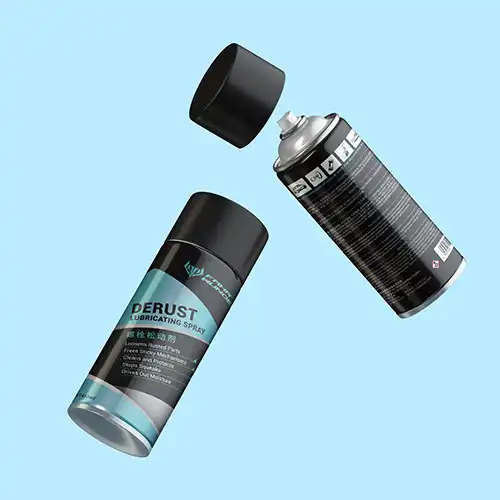
DE-Rust Lubricating Spray | Bulk Orders and Custom Solutions for OEM ODM
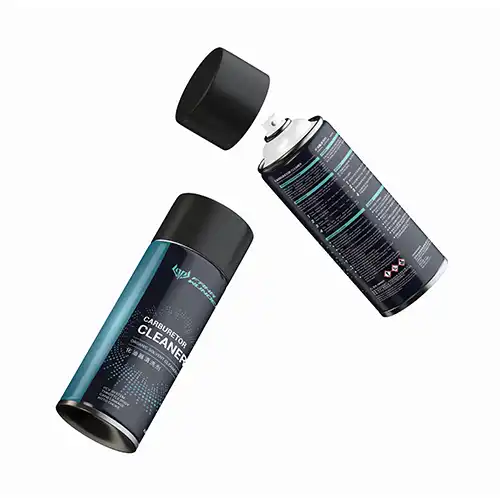
Carburetor Cleaner | Professional Engine Carburetor Cleaner for OEM ODM Supply
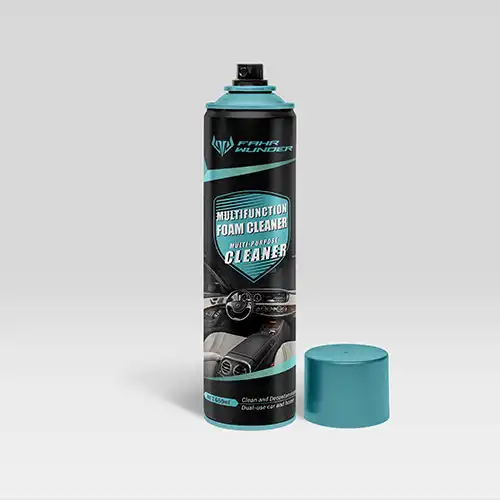
Fahr Multifunction Foam Cleaner | Professional Automotive Cleaning Spray for OEM ODM Supply
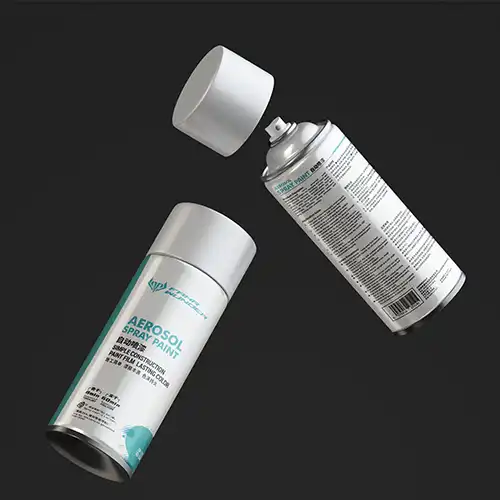
Fahr Aerosol Spray Paint | OEM ODM Automotive Coatings for Bulk Orders and Custom